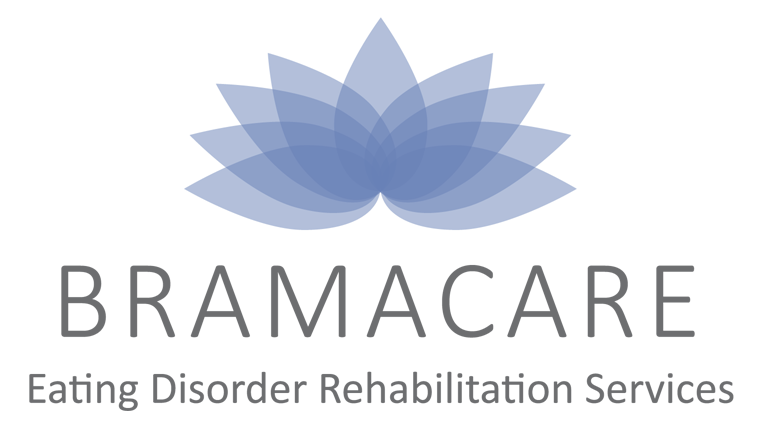It is National Eating Disorder Awareness Week (27th February to 5th March) and Ipswich-based eating disorder specialists, Bramacare, are highlighting the importance of specialist care and rehabilitation to help adults towards recovery.
Eating disorders continue to have one of the highest mortality rates in all mental health conditions, with an estimated 1.25 million people in the UK who currently have an eating disorder (ref: Beat, 2022). Diagnosis and waiting lists for treatment can take a long time, and many people will be referred to clinical care in a hospital setting once they become medically vulnerable.
Bramacare, which offers specialist residential, nursing and day care for adults at its centres in Ipswich, is highlighting the importance of accessing care quickly, and the benefits of person-centred rehabilitation to help adults take steps towards their recovery.
Elizabeth Bennet, Rehabilitation Manager at Bramacare, explains: “It is so important for people to have access to the right care when they need it. Eating disorders have a physical element but we find that there is a huge misconception that you have to be physically unwell or severely underweight to be diagnosed with an eating disorder. Often people delay getting help or treatment until it is too late.
“At Bramacare, we don’t just look at a person’s weight or BMI, we look at their patterns and behaviours, and if they would benefit from residential rehabilitation. We use a holistic approach with all our patients, creating care plans and setting goals together, as well as encouraging them to pursue their interests and hobbies to enable their recovery. It is a long journey but the importance of rehabilitation, particularly in our homely setting at The White House, is that we focus on the person, not their eating disorder. It’s hugely rewarding to help people find themselves again after struggling with their disorder for many years.”
Elizabeth’s advice to anyone who feels they or a loved one may be struggling with an eating disorder is to “keep communicating”. Elizabeth says: “Open the line of communication, know that it is ok and that help is available for you. The first port-of-call would be your GP, be persistent for the care you need and seek advice from charities like Beat or care providers like ourselves at Bramacare.”
Bramacare has a residential rehabilitation centre, The White House, in north-Ipswich as well as several transitional-living apartments around the town. Last month (January 2023), Bramacare Community opened on Princes Street in Ipswich to offer flexible day care, advice and educational activities to encourage the wider community to understand eating disorders and mental health.







